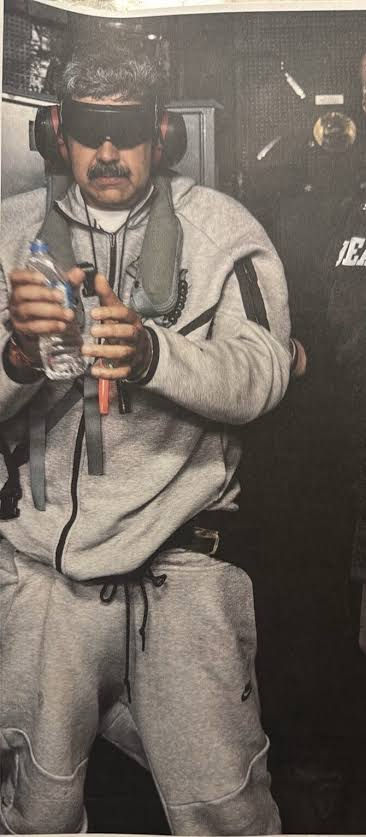Protests in Cuba and the nature of the US embargo
- Sebastian Palacios.

- Jul 24, 2021
- 3 min read
Updated: Apr 7, 2022

Cuba was a right-wing military dictatorship and a puppet state of the United States that did business with the international mafia. In 1959 it became a socialist dictatorship after a popular revolution led Fidel Castro and Cuba very soon became an important battlefield of the Cold War. With the new government, the literacy rate and medical coverage improved rapidly, reaching almost 100% according to UN data. Since then, the human development index has been one of the highest in Latin America, especially in the years prior to the fall of the Soviet Union in 1991 when 98% of oil and 72% of trade came from favorable deals it granted to Cuba. The GDP fell 35% between 1991 and 1994. It was the so-called 'Special Period' during which cases of malnutrition and severe scarcity increased dramatically.
From the beginning, the Cuban revolution has been attacked by forces that oppose communism. The United States imposed an embargo, which continues to this day, when its companies were nationalized without proper compensation. The President Kennedy administration organized a failed invasion in 1961 and then attempted to assassinate Fidel Castro 638 times, among other things. In addition, Cuban groups opposed to Castro committed many attacks against civilian aircraft, military and state-owned hotels.
This ideological and historical process has made Cuba a country in which the Communist Party is the only one that is legal, journalism that does not strengthen 'the continuity of the Socialist state' is prohibited, and dissidents are frequently arrested on charges of ' social dangerousness' and 'threat to national security'. These government principles were ratified in the 2019 Constitution, which was approved in a referendum by 78% of the adult population according to official data. Elections in Cuba do not happen as in western liberal democracies and the government very possibly manipulates some figures. Moreover, around 80% of the population is registered in the so called Revolutionary Defense Committees, which are neighborhood watch groups that are in charge of monitoring the activity of each of the residents of a building or condominium and have the duty to report any 'antirevolutionary activities'.
In November 2020, some local musicians and poets created and posted on YouTube a song critical of the government that went viral. This song is called Patria y Vida (Country and Life) using the Fidel Castro motto Patria o Muerte (‘Homeland or Death'). Their arrest provoked anger within a sector of the population that is already disgusted with the government due to the pandemic.
On July 10 and 11 of this year, thousands of people took to the streets around dozens of cities across the country. They were protesting because of the lack of medicines for general treatment and COVID, long and frequent power outages throughout the island, and scarcity of basic goods in supermarkets. Cuban President Miguel Díaz-Canel called on government supporters to take to the streets and called the protesters "provocative rioters" and "manipulated by foreign forces." As always, the Cuban government blamed the US embargo, which is not a blockade as it is wrongly called by Cuban authorities, for the country's material hardships, and has now cut off access to Internet in many areas.
The effects of the embargo is a matter of debate. The United States is Cuba's fifth commercial partner because Bill Clinton allowed the trade of "humanitarian aid" goods such as medicines and products with sugar. It is for example possible to buy Coca Cola in Cuba, so the embargo is not total certainly.
At the same time, the US law sanctions any company or person in the world that does business with a Cuban company whose assets were acquired through Cuban nationalization of former US firms. This diminishes the possibilities of economic development. But the strongest measure that is hitting right now is the ban on remittances of almost 1.5 million Cubans living in the USA imposed by Trump.
The United States has fully supported the protests and, together with the European Union, has urged the Cuban government to attend protesters' demands. Russia and China have issued warnings rejecting any foreign interference, and in Latin America official statements have been more cautious, appealing in general to the respect of Cuba's sovereignty.
There have always been isolated acts of protest in Cuba but never of this magnitude, and the hardships exacerbated by the pandemic, along with Trump's economic sanctions will make the situation in Cuba difficult during many more months, at least.




Comments